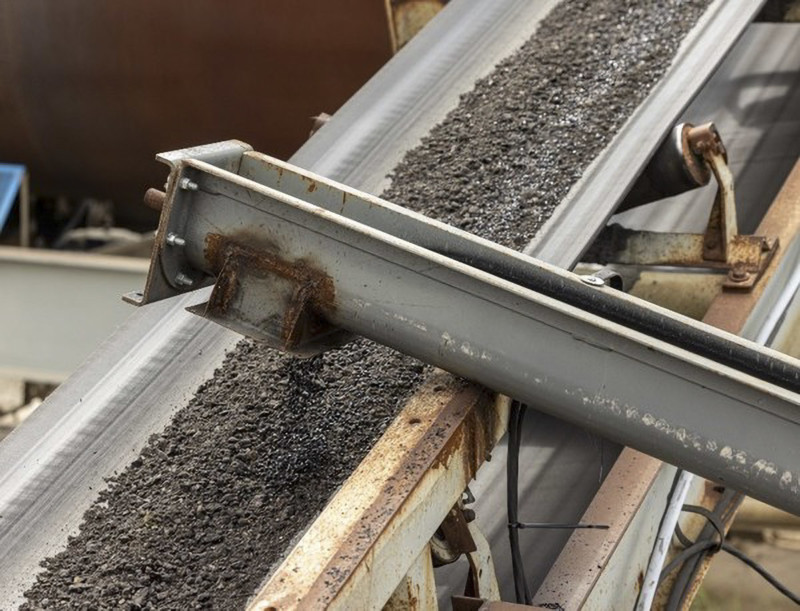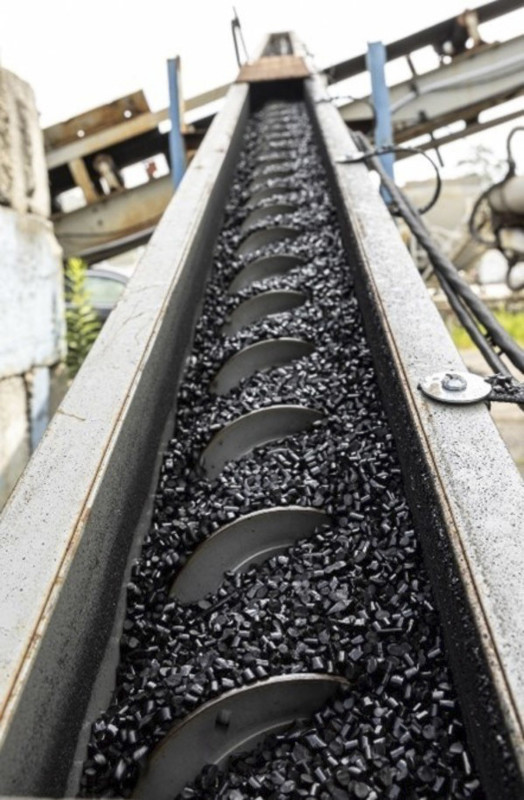
Thanks to a partnership with Virginia-based Basic Construction, Canon has developed a way to pelletize and recycle waste toner from printers and turn it into asphalt for roads.
Canon Virginia, Inc. (CVI), a manufacturer for Canon’s office and consumer products since 1985, says it worked with Basic Construction to come up with a way to reduce the company’s environmental impact and improve its sustainability. It says the Recycled Toner Pellet (RTP) project was the result those efforts where it tried to find a use for waste toner. The companies did, and found that it could use it for asphalt on local roadways by pelletizing the material.
“We are driven by Canon’s commitment to our corporate philosophy “Kyosei, living and working together for the common good,” Masato Mori, Vice President for CVI, says.
“The focus is on reducing environmental impact, Basic Construction shares this commitment, which made this project successful for our community.”
Canon explains that the process begins when Canon Environmental Technologies (CETI), a subsidiary of CVI and Canon’s largest toner cartridge recycling center in the world, receives returned toner cartridges from customers. Those are then sorted by material type and automatically disassembled and processed to recover the base materials, which includes toner. The plastic is re-pelletized for use in new cartridges, the metals are recycled through outside partners, and the toner is sent to CVI to be turned into asphalt pellets.

“After developing the recycling process for the majority of the plastic in the toner cartridges, our engineers and technicians were committed to finding a solution and creating a process for the waste toner,” Thomas Keegan, Vice President of Manufacturing Engineering at CVI, says.
The partnership with Basic Construction began when Canon asked the company to test the toner pellets for use as a colorant and binding agent. After an initial test was successful, Basic Construction now purchases 100% of the toner pellets produced at CVI and uses it as an additive in the asphalt mixes.
The testing and approval process for this method took a few years, but the toner pellets have now been approved for public use by the Virginia Department of Transportation.
Image credits: Canon Virginia
Author: Jaron Schneider
Source: Petapixel



